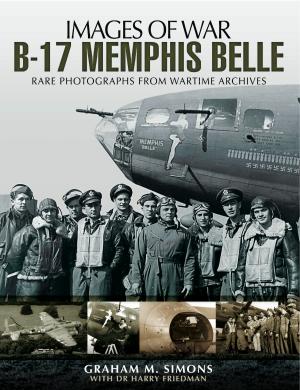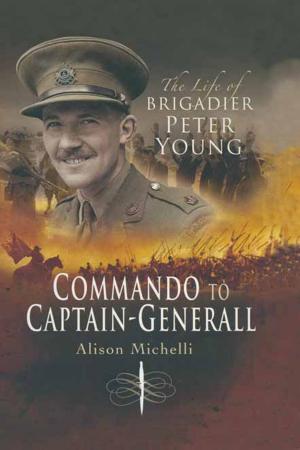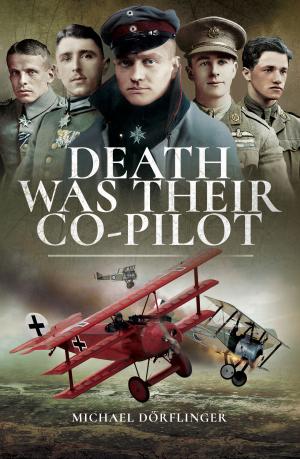| Author: | Adrian Stewart | ISBN: | 9781783031153 |
| Publisher: | Pen and Sword | Publication: | July 12, 2011 |
| Imprint: | Pen and Sword | Language: | English |
| Author: | Adrian Stewart |
| ISBN: | 9781783031153 |
| Publisher: | Pen and Sword |
| Publication: | July 12, 2011 |
| Imprint: | Pen and Sword |
| Language: | English |
Field Marshal Montgomery showed great skill in choosing his subordinates, whether as staff officers or field commanders. To those he trusted he gave help and guidance as well as a kindness and concern for which he has rarely received credit. In return, they provided services of immense value not only in his own campaigns but in many others throughout the Second World War, to which they brought the knowledge and experience that they had acquired under his leadership.
This account follows the careers of six of these subordinates. Harding, the far-sighted staff officer who could take command of a famous armored division with equal ability. Leese, ranked by Montgomery as his finest Corps Commander, but for whom successes and disappointments would be strangely intermingled. De Guingand, the invaluable Chief of Staff whose devotion to duty ruined his health and brought him to verge of a nervous breakdown. Horrocks, who had hated the thought of serving under Montgomery but did so for almost the whole of the war. Richardson, the versatile planner whose varied duties included coordinating the operations of Army and Air Force, anticipating future events, and deceiving the enemy as to his own commander’s intentions. Roberts, the brilliant and charismatic armored division commander who became the youngest major general in the British Army.
The varied careers and consequent outlooks of these officers serve to throw new light on events that are famous, on incidents that are surprising, unusual or unappreciated, and in particular on the complicated and controversial character of the man whom they all acknowledged to be their leader and their inspiration.
Field Marshal Montgomery showed great skill in choosing his subordinates, whether as staff officers or field commanders. To those he trusted he gave help and guidance as well as a kindness and concern for which he has rarely received credit. In return, they provided services of immense value not only in his own campaigns but in many others throughout the Second World War, to which they brought the knowledge and experience that they had acquired under his leadership.
This account follows the careers of six of these subordinates. Harding, the far-sighted staff officer who could take command of a famous armored division with equal ability. Leese, ranked by Montgomery as his finest Corps Commander, but for whom successes and disappointments would be strangely intermingled. De Guingand, the invaluable Chief of Staff whose devotion to duty ruined his health and brought him to verge of a nervous breakdown. Horrocks, who had hated the thought of serving under Montgomery but did so for almost the whole of the war. Richardson, the versatile planner whose varied duties included coordinating the operations of Army and Air Force, anticipating future events, and deceiving the enemy as to his own commander’s intentions. Roberts, the brilliant and charismatic armored division commander who became the youngest major general in the British Army.
The varied careers and consequent outlooks of these officers serve to throw new light on events that are famous, on incidents that are surprising, unusual or unappreciated, and in particular on the complicated and controversial character of the man whom they all acknowledged to be their leader and their inspiration.















